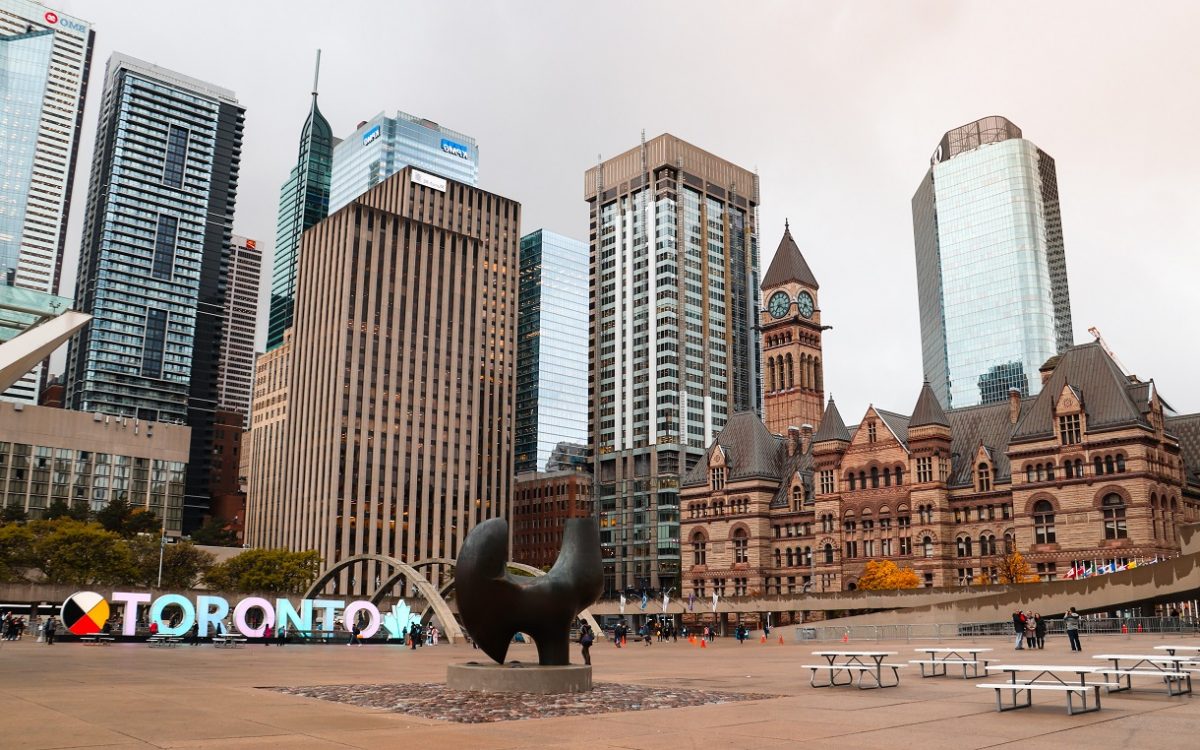The claimant sought entitlement to a number of OCF-18s, as well as a special award and interest. The insurer sought repayment of IRBs for the period of July 21, 2018 to December 2, 2018 in the amount of $6,865.97, and from December 2, 2018 to March 10, 2019 in the amount of $5,600.00. At the time of the accident, the claimant was working full-time at Pool People Limited, and also working part time at Longo’s. The claimant initially missed two months of work following the accident prior to returning full-time at Pool People, and returned to employment at Longo’s on July 30, 2018 on modified duties, and eventually returned full time on August 3, 2019. The claimant did not inform the insurer of the return to work. The claimant was paid $400 weekly in IRBs starting May 9, 2018 based on the OCF-10. Once the insurer discovered that the claimant had been working while receiving IRBs, the claimant was served with a notice of repayment pursuant to s.52 of the SABS for the period of July 21, 2018 to December 2, 2018 in the amount of $6,865.97. The insurer did not receive a response to this repayment request. The insurer also submitted that it was entitled to repayment of $5,600.00 for the period of December 2, 2018 to March 10, 2019. The insurer stated that the claimant had provided pay stubs at the Case Conference for the second disputed period, which showed an income of $8,689.55 in income from Pool People Limited. The insurer submitted that the repayment request should not be barred, as the pay stubs were only disclosed to them on February 17, 2021. In terms of the first disputed period, July 21, 2018 to December 2, 2018, the claimant stated that they could not afford to pay the lump sum back all at once, and had agreed to repay $200 monthly to the insurer. Adjudicator Kepman found that the insurer’s notice of repayment was compliant with s. 52 of the SABS, and had met the three part repayment test from case law. The claimant was ordered to repay $6,865.87, plus interest. In relation to the claimant’s request for an ongoing repayment schedule of $200 monthly, Adjudicator Kepman found no authority to order same. The claimant was therefore ordered to repay the full amount and interest, minus any amounts already repaid. In terms of the second disputed period, December 2, 2018 to March 10, 2019, Adjudicator Kepman noted that, while the claimant did not deny that they were working full-time during this period and receiving an IRB, no request for repayment under s. 52 had been provided. The insurer stated that it had only become aware of the issue at the Case Conference, when the pay stubs were disclosed, and had raised the issue at both the Case Conference and the Application to the LAT for repayment. Adjudicator Kepman noted that despite the insurer noting the issue and filing an Application, at no point was a proper repayment request pursuant to s. 52 provided to the claimant after either the Case Conference, or the filing of the LAT Application. As such, the request for repayment for the second period of dispute was dismissed.









